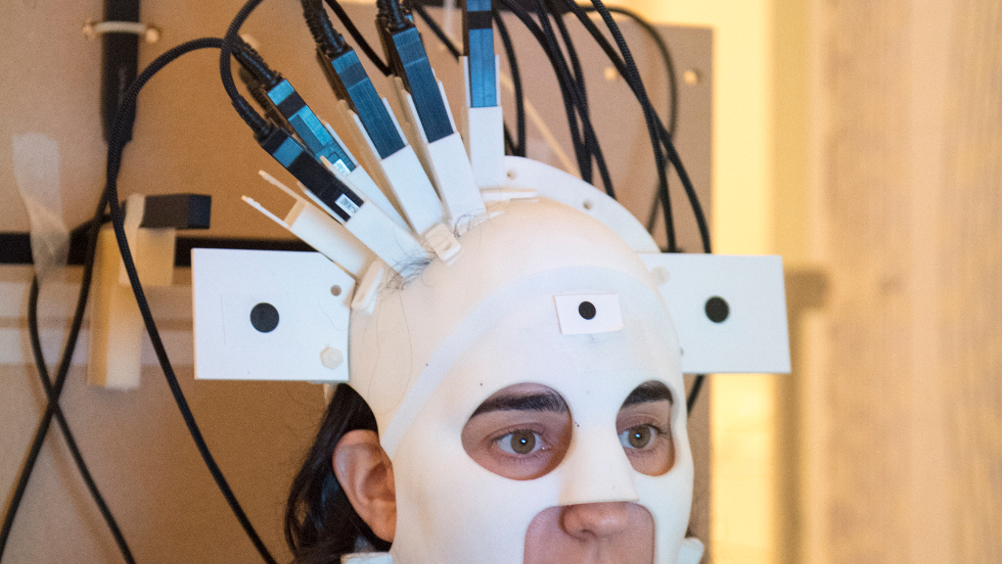Brain imaging technique could improve treatment for infants

Scientists are investigating a more accurate brain imaging technique that could improve outcomes for children and will work with cryogen-free sensors.
The five-year project is being undertaken by scientists from Nottingham University and University College London (UCL).
Magnetoencephalography (MEG) maps brain activity by measuring the magnetic fields generated by electrical currents that occur naturally in the brain. A £1.6m Collaborative Award in Science from Wellcome is funding the construction of a new type of MEG scanner which could quadruple the sensitivity of current devices.
Dr Matthew Brookes and Prof Richard Bowtell, in the School of Physics and Astronomy are leading the research in Nottingham, where they have designed and built a 3D printed prototype wearable helmet and are in the early stages of developing the new MEG system.
Register now to continue reading
Thanks for visiting The Engineer. You’ve now reached your monthly limit of news stories. Register for free to unlock unlimited access to all of our news coverage, as well as premium content including opinion, in-depth features and special reports.
Benefits of registering
-
In-depth insights and coverage of key emerging trends
-
Unrestricted access to special reports throughout the year
-
Daily technology news delivered straight to your inbox










UK Enters ‘Golden Age of Nuclear’
Anybody know why it takes from 2025 to mid 2030's to build a factory-made SMR, by RR? Ten years... has there been no demonstrator either? Do RR...